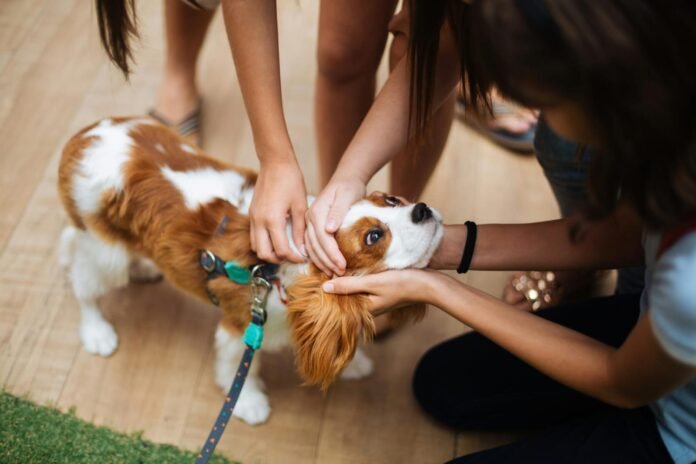Your pet is family, and when surgery is needed, it can feel overwhelming. Questions may rush in, and emotions can run high. Knowing where to turn makes all the difference.
Veterinary surgical care is a part of many pets’ lives. It helps address important health needs with expert hands. When done right, it supports both healing and comfort.
In this article, we will discuss everything you should know about veterinary surgical care. Keep reading.
What to Expect Before, During, and After Surgery
Before surgery, your vet will evaluate your pet’s condition. This includes exams and tests to check for any risks. Clear planning helps ensure the pet surgery goes smoothly.
During surgery, your pet is closely monitored by trained staff. The procedure is done using tools suited for animal care. Afterward, pets are placed in recovery and watched for progress.
Understanding Common Veterinary Surgical Procedures
Pets may need surgery for many reasons. Some common ones include broken bones, tumors, or internal issues. Spaying and neutering are also routine procedures.
Each surgery is different based on your pet’s needs. Some involve soft tissue, while others may be orthopedic. Your vet will recommend the best path based on the case.
Anesthesia and Safety: What Every Pet Owner Should Know
Anesthesia helps keep pets calm and free from pain during surgery. For large dog breeds, vets carefully adjust the dosage based on their size and overall health. Breathing, heart rate, and other vital signs are tracked with advanced monitoring tools.
Safety remains the top focus throughout pet surgery. Skilled technicians stay with your pet the entire time. They are trained to respond fast if any issue arises.
Post-Surgery Care: Helping Your Pet Heal at Home
Once home, your pet will need time to rest. Keep them in a quiet space away from other animals. Follow your vet’s instructions closely, including when to give medicine.
Watch for changes in behavior or signs of pain. Your pet may move less or eat differently. Gentle care can make a big difference during recovery.
Recognizing Signs of Surgical Complications in Pets
After surgery, some signs may need quick attention. These can include bleeding, swelling, or discharge from the wound. If your pet seems weak or refuses to eat, call your vet.
Not all issues mean something is wrong. But early checks can prevent bigger problems. Never guess, when in doubt, let your vet know.
Working with Your Vet for a Smooth Recovery Journey
Helping your pet heal starts with a trusted vet. Regular check-ins and clear updates keep recovery on track. A good vet will guide you through every step with care.
If you’re planning ahead, check out these reliable spay and neuter services in Austin for expert care. Vets who listen and explain make things easier. With teamwork, your pet can recover faster and feel better.
The Importance of Trusted Veterinary Surgical Care
Veterinary surgical care supports pets through hard moments. It gives them a chance to recover and stay healthy. With the right knowledge, pet owners feel more in control.
Surgery isn’t just about the procedure; it’s about the full journey. Your role in care matters just as much. Speak with a trusted vet and help your pet every step of the way.
Did this article help you? Browse our blog for more interesting topics.
